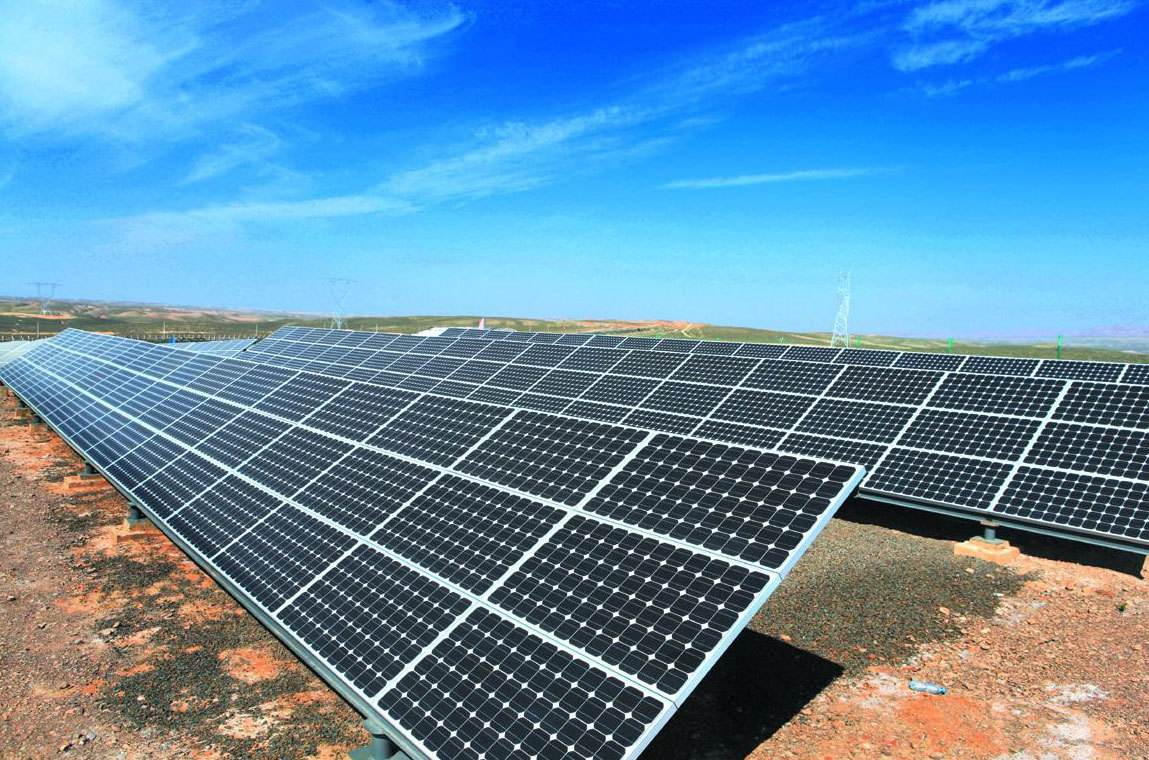International quality standards and product certification requirements for solar photovoltaic products, as well as product quality inspection technologies and methods, are important guarantees for ensuring the performance, safety and reliability of solar photovoltaic products.
The following is a detailed introduction to these aspects:
I. International quality standards and product certification requirements
1. International quality standards
The international quality standards for solar photovoltaic products mainly include requirements for basic performance, efficiency, safety, durability and environmental adaptability of products.
These standards are usually formulated by authoritative organizations such as the International Electrotechnical Commission (IEC) and the European Committee for Standardization (CEN).
For example, IEC 61215 and IEC 61646 are two major standards for performance certification of crystalline silicon and thin-film photovoltaic modules, which specify the test conditions, test methods and performance indicators of photovoltaic modules.
2. Product certification requirements
Solar photovoltaic products need to meet a series of product certification requirements in the global market to ensure their quality and safety.
These certification requirements usually include electrical safety certification, environmental adaptability certification, energy efficiency certification, etc.
For example, CE certification is the basic requirement for solar photovoltaic products in the European market.
It requires products to comply with relevant regulations and standards within the European Economic Area (EEA), including the Low Voltage Directive (LVD), the Electromagnetic Compatibility Directive (EMC), etc.
In addition, there are testing and certification services provided by third-party certification bodies such as UL and TÜV, which can independently test and evaluate solar photovoltaic products to ensure that they meet market demand and consumer expectations.
II. Product quality inspection technology and methods
1. Laboratory testing
Laboratory testing is one of the important means of quality inspection for solar photovoltaic products.
It can comprehensively evaluate the performance of the product by simulating different environmental conditions and usage scenarios.
Laboratory tests usually include:
(1) Electrical performance test: Use special instruments such as photovoltaic testers and photoelectric conversion efficiency meters to measure the open circuit voltage, short circuit current, conversion efficiency and other performance indicators of photovoltaic modules
(2) Environmental adaptability test: Use temperature simulation test chambers, humidity and heat test chambers, ultraviolet aging test chambers and other equipment to test the environmental adaptability of products
(3) Safety test: Use insulation resistance testers, voltage withstand testers and other equipment to test the safety of products
2. On-site inspection
On-site inspection is an effective way to evaluate the performance of solar photovoltaic products in actual use environments.
It can observe the operation of the product in an outdoor environment and check whether the product has windproof, shockproof, sun-proof and other capabilities.
In addition, the product can be tracked and monitored for a long time to evaluate its durability and stability.
3. Non-destructive testing technology
Non-destructive testing technology is a method for evaluating the internal quality and structural integrity of solar photovoltaic product materials.
It can detect quality problems inside the product without destroying the product’s appearance and performance. For example, an ultrasonic flaw detector can be used to perform non-destructive testing on photovoltaic panels to assess whether there are defects such as cracks and bubbles inside them.
4. Sampling test
Sampling test is a method of sampling and inspecting solar photovoltaic products on the production line.
It can infer the quality status of the entire batch of products by testing some products. Sampling tests usually follow certain statistical laws and methods to ensure the accuracy and reliability of the test results.
The international quality standards and product certification requirements for solar photovoltaic products, as well as product quality inspection technologies and methods, are a complex and rigorous system.
These standards and requirements are designed to ensure the performance, safety and reliability of solar photovoltaic products, thereby protecting the rights and interests of consumers and the healthy development of the market.
Post time: May-06-2025






